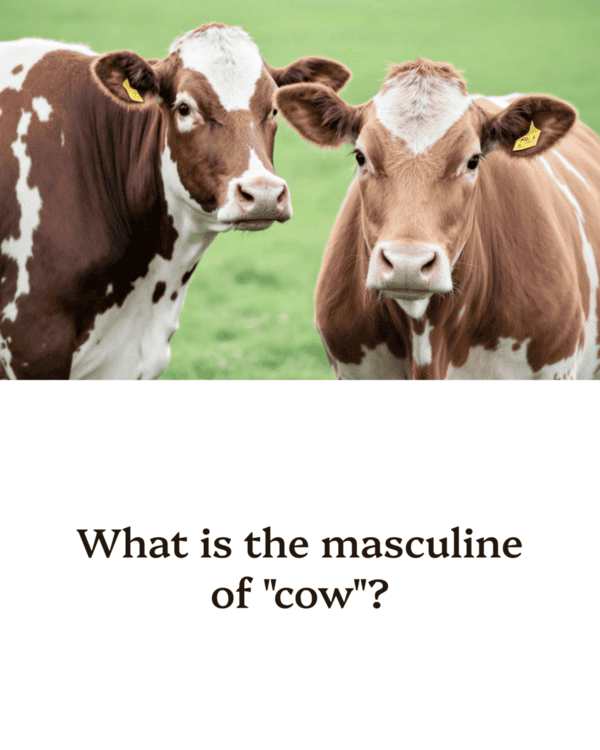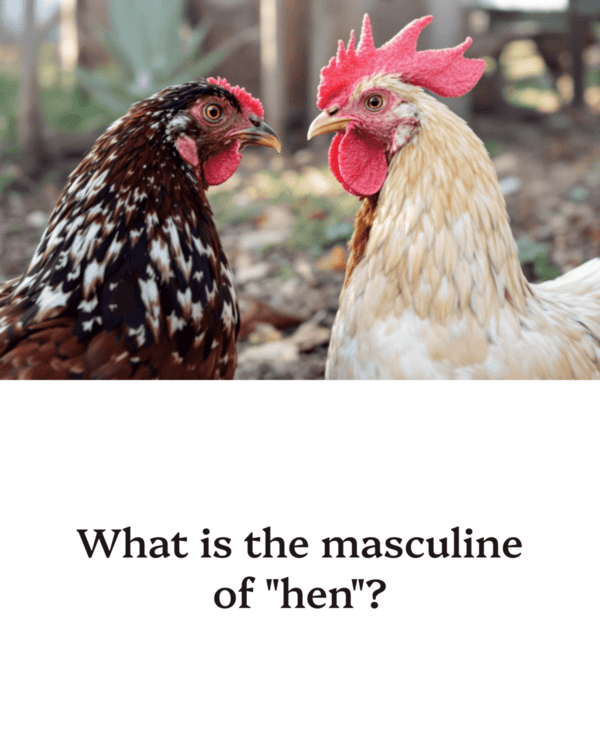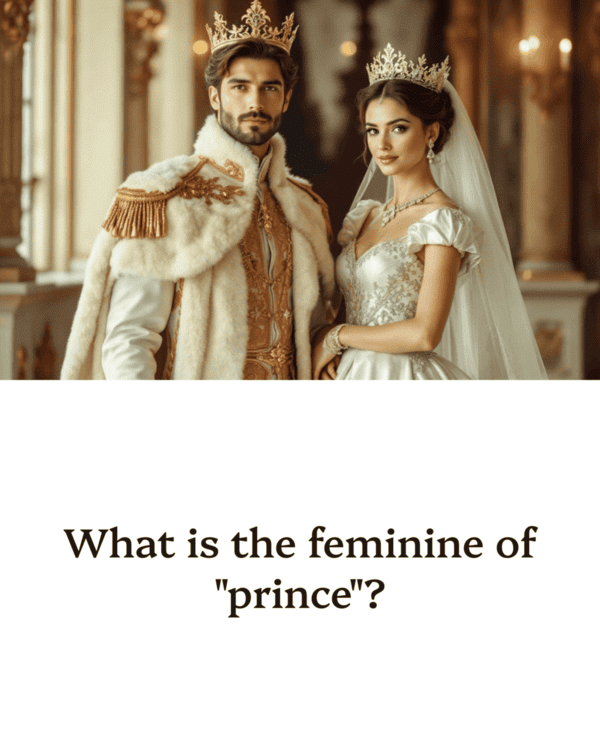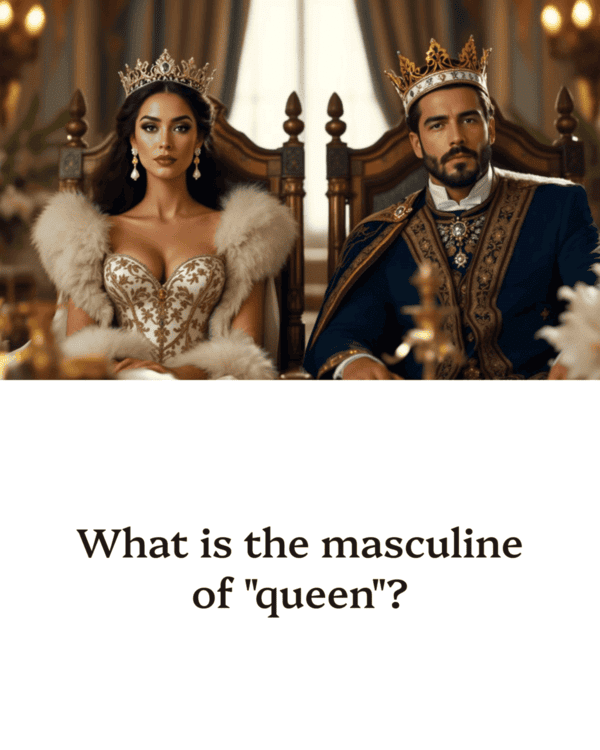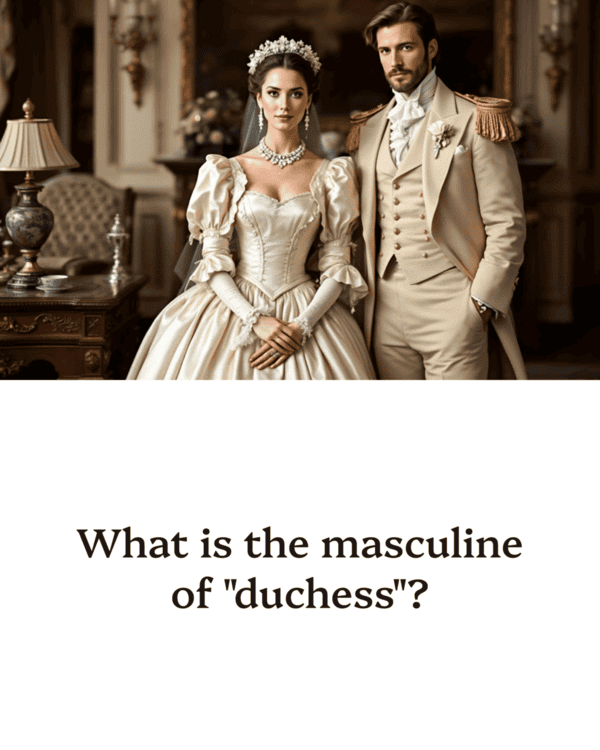 Unlock all Flashcards with EduRev Infinity Plan Starting from @ ₹99 only
|
Class 1 Exam > English Olympiad Class 1 > Flashcards: Feminine and Masculine
|
29 videos|97 docs|63 tests
|
FAQs on Flashcards: Feminine and Masculine Flashcard - English Olympiad Class 1
| 1. What are examples of feminine and masculine nouns in English? |  |
Ans. In English, nouns can often be classified as masculine or feminine based on their meanings. For example, "actor" is a masculine noun, while "actress" is the feminine form. Other examples include "waiter" (masculine) and "waitress" (feminine), or "prince" (masculine) and "princess" (feminine).
| 2. How can I identify feminine and masculine nouns in other languages? |  |
Ans. In many languages, such as Spanish and French, nouns have gendered articles. For example, in Spanish, "el" is used for masculine nouns (like "el niño" for "the boy") and "la" is used for feminine nouns (like "la niña" for "the girl"). Learning the articles associated with nouns can help in identifying their gender.
| 3. Why is understanding masculine and feminine nouns important? |  |
Ans. Understanding masculine and feminine nouns is crucial for grammatical accuracy in many languages, as it affects verb conjugations, adjectives, and articles. Incorrect usage can lead to misunderstandings and can sound uneducated or inappropriate in formal contexts.
| 4. Are there any exceptions to the rules of gendered nouns? |  |
Ans. Yes, there are exceptions in many languages. For instance, in German, some nouns that refer to people may not follow the typical gender rules, such as "das Mädchen" (the girl), which is neuter despite referring to a female. It's essential to learn these exceptions as part of mastering the language.
| 5. How can I practice distinguishing between feminine and masculine nouns? |  |
Ans. You can practice by using flashcards, engaging in language exchange conversations, or completing exercises that focus on gendered nouns. Reading books or articles in the target language can also help reinforce your understanding of noun genders through context.
Related Searches







